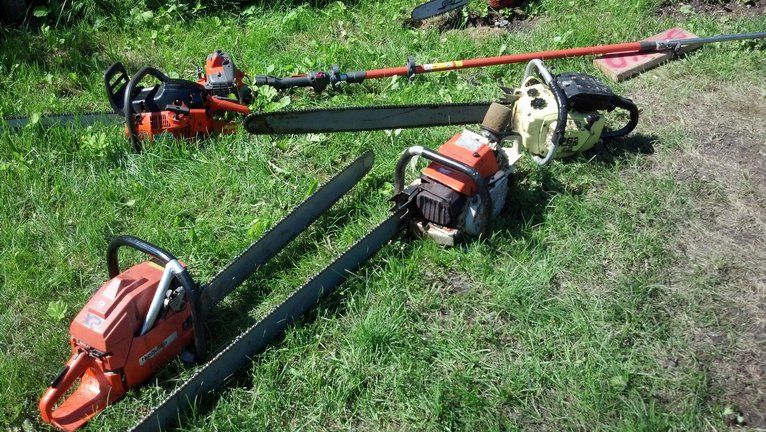We've got a lot of that sort of climber here too... It's just because there are not so many good climbers around, that if they are any good they can get away with a lot in terms of alcholism, drugs, failure to turn up to work etc. A good climber that can take out big trees is worth a lot to a company, so most are willing to turn their back on quite a bit.
There are different pathways that people get into this industry by. Some start as groundies and work up to it, some start out straight up as climbers. I kind of think that good climbers are born, not made. You pickup knowledge and skills for sure, but no amount of schooling will ever make someone into a climber if it isn't for them. I think there are 4 skills to be a top climber; the climbing, saw handling (cuts, timing, skill), rigging, and strategy. Strategy is kind of subtle, but you need it on big trees. Deciding what techniques to use, the sequence of dismantling, which parts to drop and which to rig, where to set the rigging, and where to set high points etc. Huge, spreading trees really sort the boys from the men. I find most climbers don't have all 4 skills, but having high skills in 2 will let you have less skills in other areas. If you're a great climber and good with a saw you don't need to rig as often. If you're not a great climber but have creative rigging and good strategy you can work the tree that way etc...
I entered this industry from other roped industries. I started rock climbing in my early teens and got right into it. Over the years I'd been in all sorts of jobs but I was always chasing paid work being on a rope. Little part time jobs kept turning up; mountain rescue, climbing guide, industrial access, window cleaning, taking people abseiling, outward bound style corporate team building etc. They paid well but there was never enough work to make a full time go of it so I kept going back to more mainstream work. I did a years forestry work in new zealand, then I was back in australia again and a fellow rock climber was telling me he got some part time work climbing trees and that it paid well. I looked into it, researched, read up, watched videos, bought some gear, practiced, bought more gear. Took down a couple trees for free for friends, and then started doing it on the side for a bit of cash but still working a full time mainstream job. I started with 2 saws, a harness and ropes, throwline, and a box trailer behind my car.
Over time I got better, and started making more money. I kept buying more gear over the first couple years; more saws, rigging, got myself certified and insured. Once i was certified I was able to get contract climbing work with other companies which pays reasonably well. I was charging $40/hour at first, and I was a reasonably good climber by that point. Getting those contacts was a big help, some of them were willing to chip for me on my jobs in return for my climbing. contract climbing was hard work though, you know they're only going to call you for the most dangerous biggest hardest most complex trees - otherwise they'd climb it themselves. It's a good way to make money though when you don't really have any big equipment. I was making $50/hour later, then $65. I had a lot of gear by that time though; 6 or 7 saws, friction drum, lots of heavy rigging, heaps of climbing gear, ropes, big shots, etc etc... and I was doing the big trees. If you're discplined about saving money it's a good way to get your own business started.
I got my first ratty old dump, and did palm jobs with it, or slashed smaller trees into it. That thing sucked ass big time. I think I spent more time fixing it than doing trees! I was out there spannering on that thing till 1am or 2am some days. Kept doing my own jobs whenever I could, getting other guys to chip for me and still doing a bit of contract climbing work. Bought my first decent modern dump couple years back and started to scale back the contract climbing work. Finally bought my first chipper last year, and that was a big step forward for me. It can be a hard slog to save up the money to buy things if you can't or don't want to buy on credit.
Shaun










